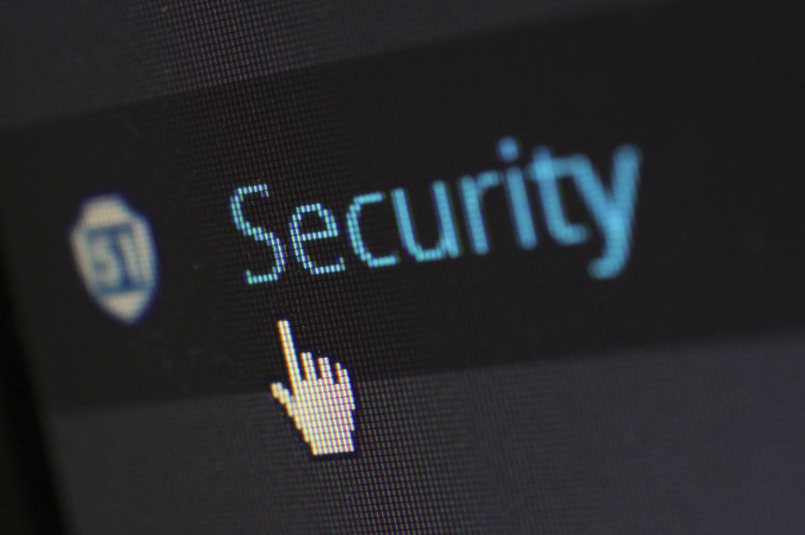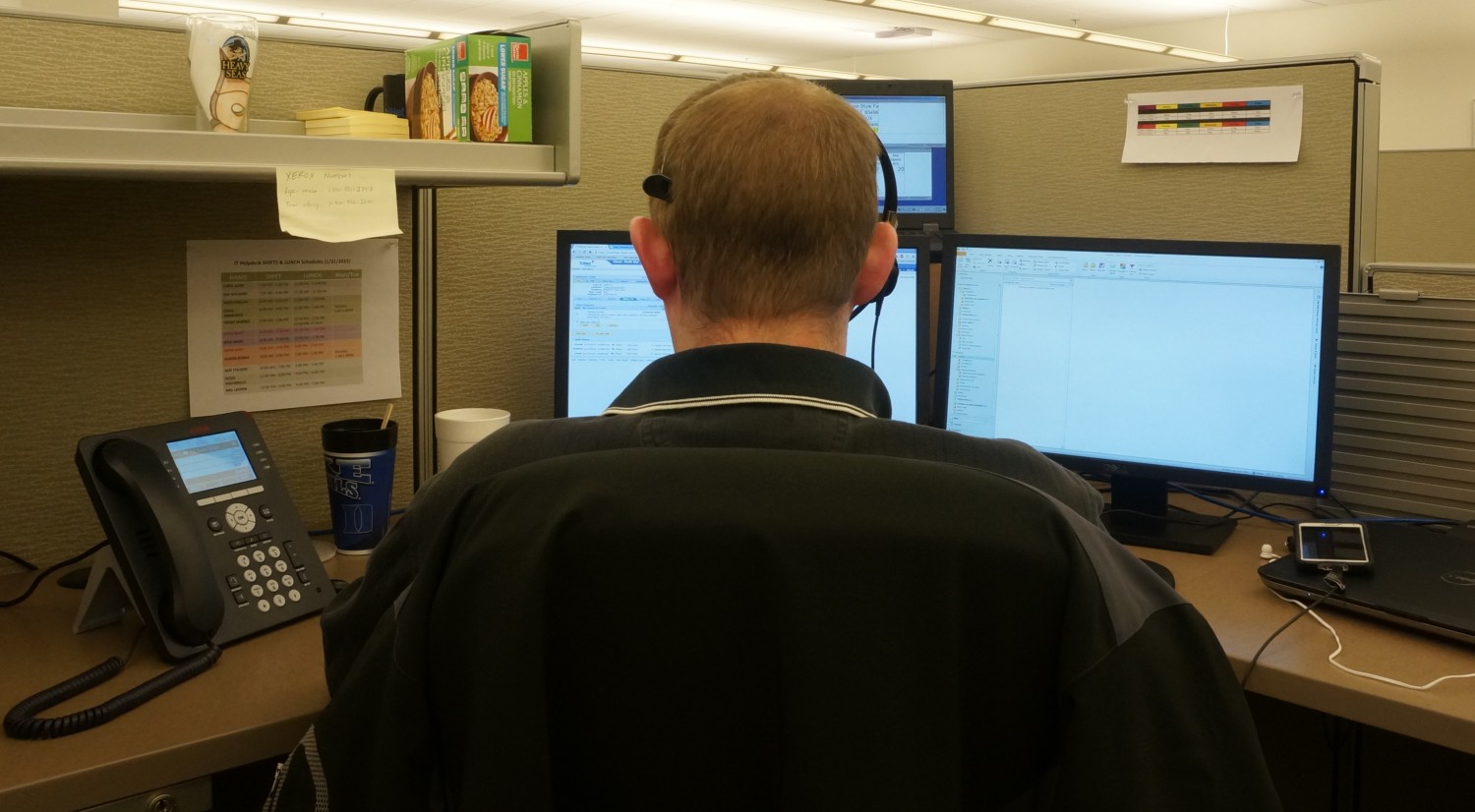As a website owner, you have several factors to worry about — content, design, bugs, and overall appeal, to name just a few. That’s a lot to juggle. But there’s one thing you should put on the top of your list of priorities: online security.
A compromised website can lead to devastating losses. If you get hacked, you need to act quickly to minimize those losses and protect your business’ reputation. But how do you know if you’ve been hacked?
The following warning signs could well indicate that your site’s been compromised.
Strange Redirects
If you check on your site only to find yourself getting redirected to strange pages filled with weird products, it’s most likely not an accidental click! Unfortunately, this means someone has hacked your site and changed the .htaccess file by adding a line of code.

A Disabled Site
Part of an excellent web hosting service is that they don’t allow hackers onto their platform. This means that if your site has been compromised and blacklisted by search engines, you can expect it to be down and your account locked.
Google Flags It
Nothing says “You’ve been hacked!” quite like a search engine literally flagging your page with “This site may be compromised,” as Google does to around 9,500 malicious sites every single day. A variation of this message will be displayed under your site’s name in a search result and whenever visitors try to click the link to your site.
A Slowing Site
You’ve probably been hacked if your site speed suddenly slows down or a 503 error shows up. According to Lifewire’s Tim Fisher, a 503 error results during site maintenance — or if backlogged requests are overwhelming the works. If you get this error when you don’t have a ton of pending requests or aren’t in the middle of upgrading your site.
Spam!
Getting spam from your own site is scary because it is a clear indication that someone has access to your code. And if you’re receiving spam email from your site, odds are that your subscribers are, too.
If you have a feature that collects their phone numbers and social media accounts, spam can reach them there, too.
What to Do
While it makes sense to believe that hackers mostly target big corporations who make a lot of money, the reality is that individuals and small businesses are just as vulnerable, if not even more so. One way of educating yourself on some of the ways to stop these hacks is by learning from some of the cyber security industry’s best minds. Nathan House and Alexander Oni are highly regarded in the industry and have lots of cyber security courses on Udemy that website owners looking to add that extra layer of protection to their site will find ideal.
After all, anyone who has money to their name is a potential target for hackers and could be in danger of cyberattacks like identity theft or social media impersonation. A website with lax security is much easier to compromise than one owned by a company that took all the necessary cybersecurity measures or even a website owner who is keeping abreast with the latest cyber security trends. Thankfully, you can protect your site by following some common online safety tips listed below:
Don’t let users upload files
Allowing users to upload files increases the risk of your site getting compromised. If you can avoid it, don’t enable this feature or at least make sure you have reliable cybersecurity software to prevent malware from getting through.
Use a strong password and change it often
An infographic by Password Genie emphasizes the importance of a strong password. That consists of upper- and lower-case letters, numbers, and special characters. It’s also criticall to avoid using personal information when creating a password, and to steer clear of actual dictionary words.
Consult a professional
If you’re seeing some, if not most of the warning signs listed above on your website, it’s probably a good time to consult a professional. Unless you have a degree in cybersecurity, it’s not recommended you try and fix a hacked site on your own. Malware can return through backdoors and infect your website again, even if you try and change or delete the code.
At the end of the day, cyber security is critical when running a website, as you wouldn’t want sensitive information to be stolen or any of your hard work go to waste. Focusing on preventing hackers is just as important as spotting a compromised site, with both requiring at least a basic knowledge of online security and continual vigilance.
For aNewDomain, I’m T.E. Wing.












